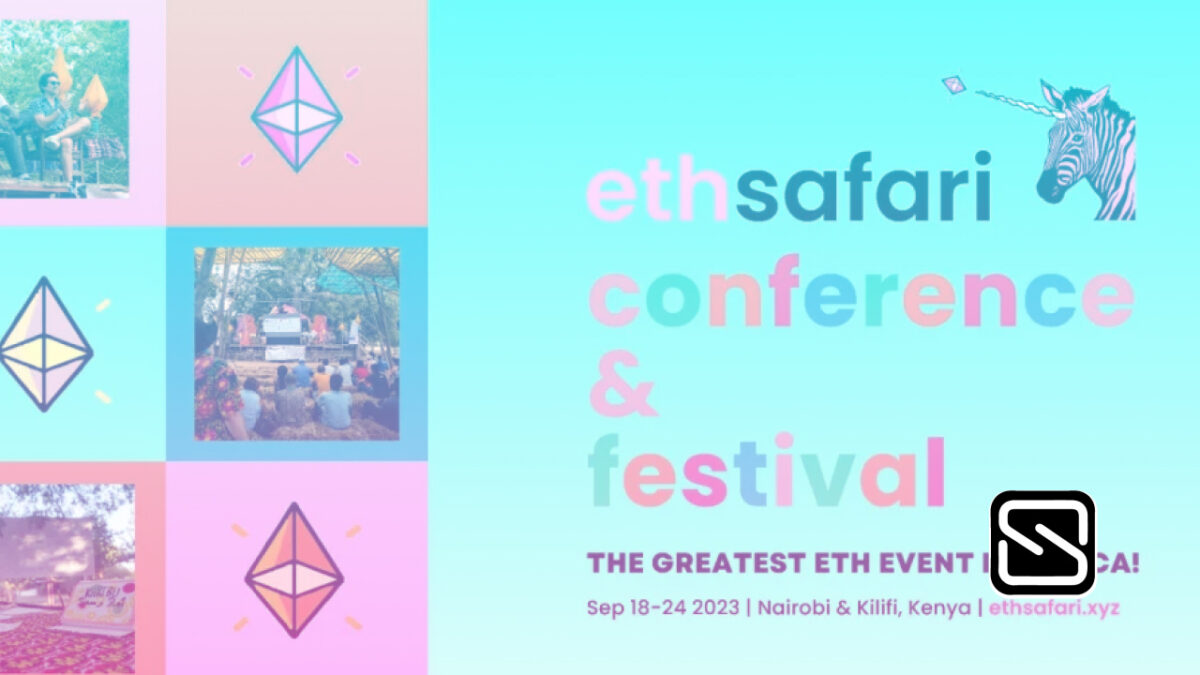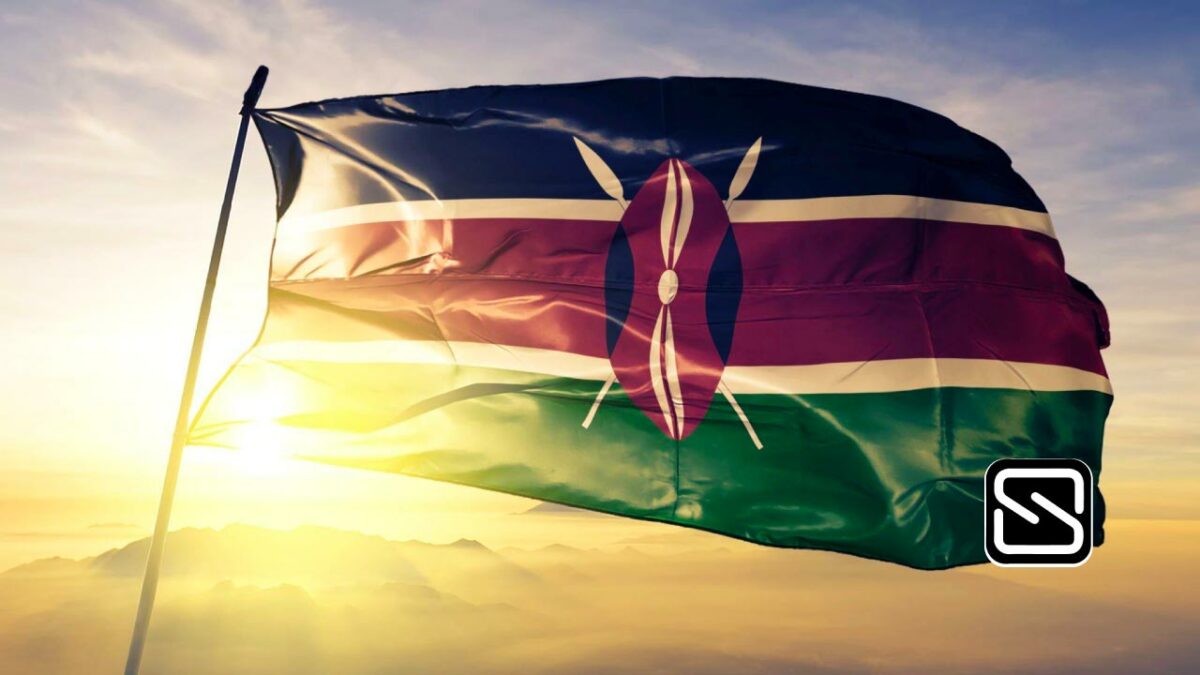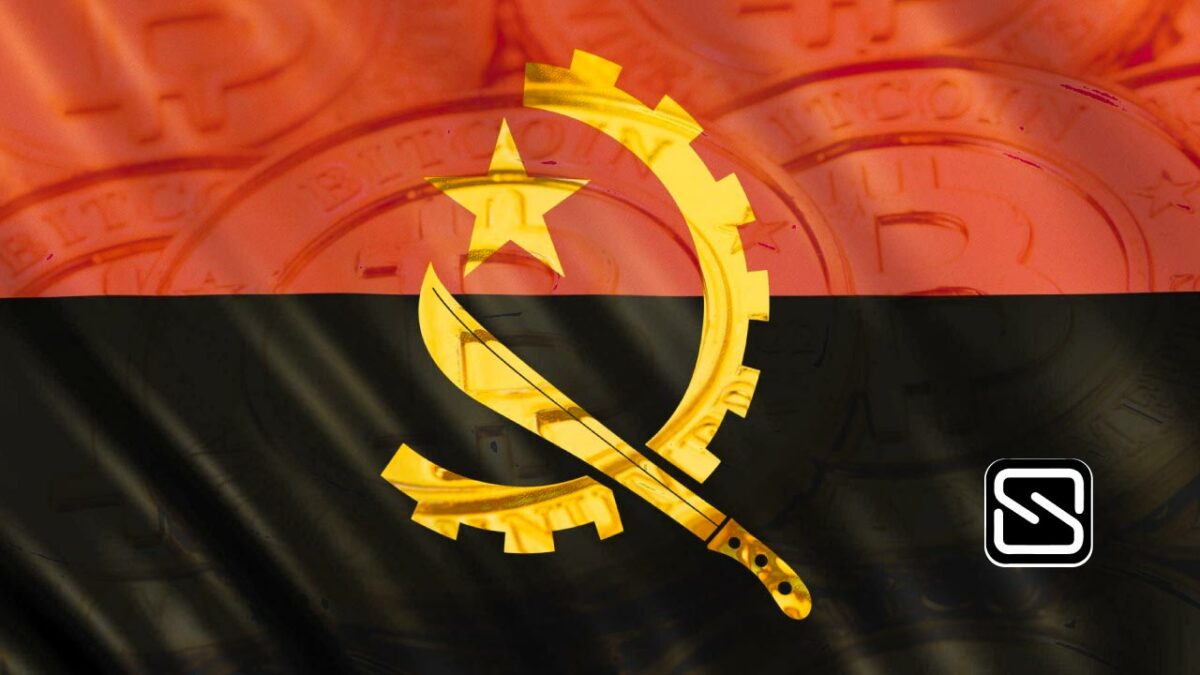Angola is taking steps to ban the mining of Bitcoin (BTC) block rewards, citing concerns over the substantial energy consumption associated with the process. This move comes at a time when numerous governments around the world are closely examining the cryptocurrency sector.
In July, Angola’s Cabinet approved a preliminary bill that seeks to outlaw BTC mining within the nation. The bill is currently under review by the country’s parliament, and if it gains approval, President João Lourenço will enact it into law.
The primary objective of the bill is to safeguard Angola’s national power grid, as highlighted by Finance Minister Vera Sousa. Despite ranking as Sub-Saharan Africa’s second-largest oil producer, Angola derives 70% of its electricity from renewable sources.
Sousa declared, “Activities related to cryptocurrency mining are proscribed within the national territory. Criminal penalties will apply to unauthorized possession of cryptocurrency materials, cryptocurrency mining, misuse of electrical installation licenses, and interference with the national electrical system.”
Angola’s apprehensions about BTC’s energy consumption are part of a broader global trend. China, which once accounted for over 70% of the BTC hash rate, has been gradually expelling miners from its territory for several years. The United States and Kazakhstan emerged as prime relocation options for these miners, but even these countries are reevaluating their stance on BTC mining.
In the U.S., lawmakers such as Senator Elizabeth Warren (D-MA) are intensifying their oversight of the sector and advocating for more rigorous regulations. Meanwhile, Kazakhstan has been disconnecting certain miners from its national power grid.
However, for Angola, the energy-intensive nature of BTC mining is only one aspect of concern. According to the minister, this move is the initial step towards curbing the utilization of digital currencies. Angola aims to uphold the central bank’s exclusive authority to issue currency.
Additional worries encompass the potential exploitation of digital assets for money laundering and funding terrorist activities.
Advocates for Regulation Over Ban
Local industry stakeholders are criticizing the proposed ban and urging the government to implement regulatory measures instead.
Manuel Euclides, the founder of the local digital asset exchange Yetubit, voiced his concerns, stating, “Should this legislation be ratified, it would substantially impede the adoption of cryptocurrencies in Angola.”
He emphasized the potential benefits of regulating the industry and collaborating with strategic companies well-versed in the local market. Euclides also highlighted the fiscal losses the government might incur due to the absence of tax revenue from Angolan individuals investing in cryptocurrencies and cryptocurrency mining firms that could contribute to energy expenses.
Angola has emerged as one of Africa’s prominent BTC mining hubs. A report from Cambridge University ranked the country just behind Egypt and Libya in terms of BTC hash rate production on the continent.
Furthermore, Angola stands as one of Africa’s most cost-effective nations for BTC mining, with an average mining cost of $7,300 per BTC, according to data. This cost-effectiveness ranks only behind Algeria, Sudan, and Ethiopia.
Nevertheless, Euclides pointed out that a significant portion of mining activities in Angola are conducted by foreign entities, primarily hailing from China, Vietnam, and Israel.
“They are drawn to mining in Angola due to our competitively priced energy compared to other global regions,” he explained.
Some of these mining operations are conducted illicitly, leading the government to shut down numerous facilities in recent months. In a noteworthy incident, the country’s leading investigative agency exposed an undercover mining operation operating within a brick factory, resulting in the arrest of numerous Chinese nationals.
Angola has rapidly positioned itself as a hub for digital assets, outpacing many traditional industry leaders. A report published in July revealed that the country’s digital asset sector is as vibrant as those in Kenya and South Africa.









